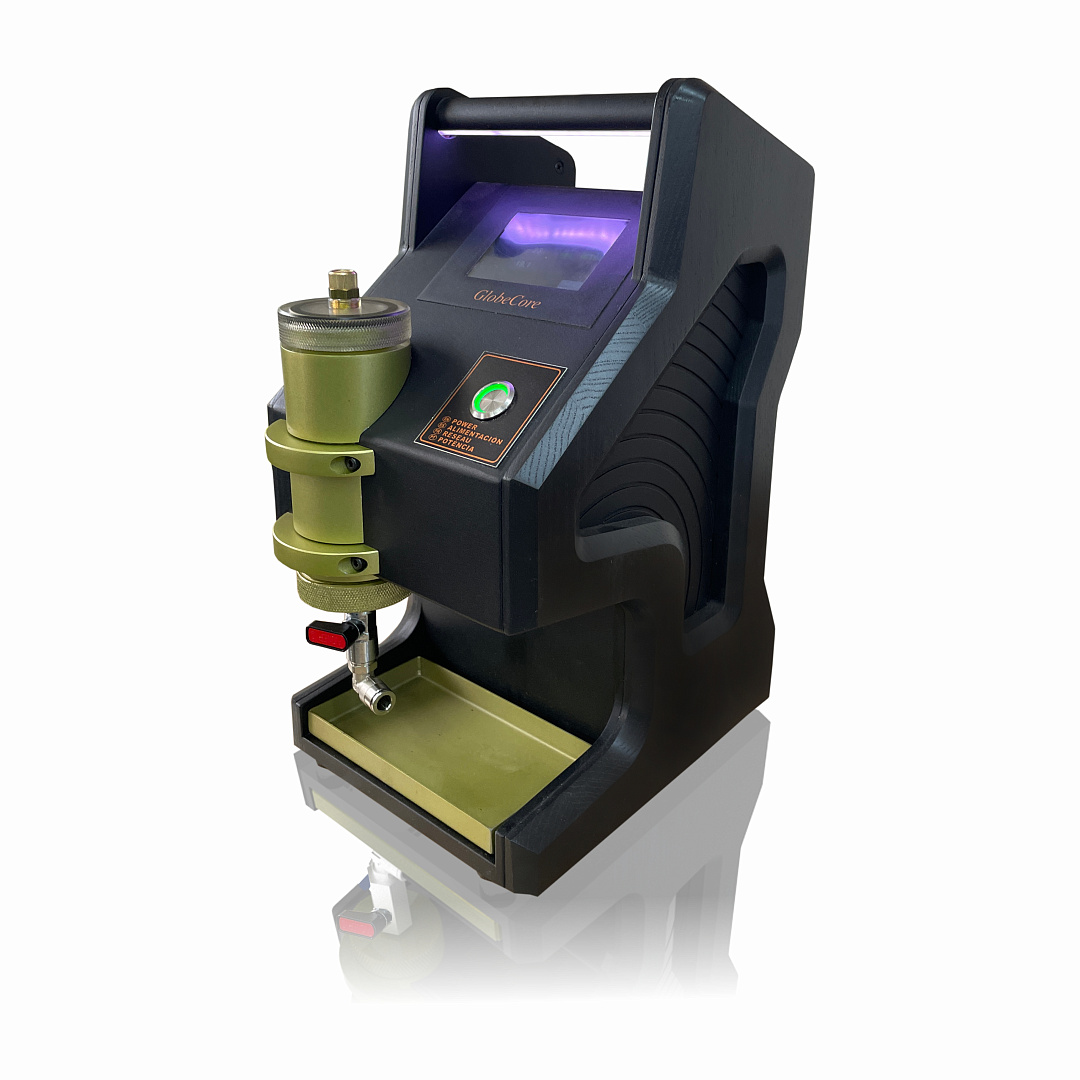Diesel purification
How do Eco-friendly Diesel Purification Systems contribute to sustainable operations?
- This topic has 1 reply, 2 voices, and was last updated 1 year, 4 months ago by .
Answers
-
October 5, 2024 at 9:32 am by Mohamed Alam
Eco-friendly Diesel Purification Systems contribute to sustainable operations by minimizing environmental impact and promoting resource efficiency. Biodegradable Purification Media reduce the ecological footprint by ensuring that filtration byproducts are less harmful to the environment. Energy-Efficient Technologies lower power consumption, decreasing greenhouse gas emissions and operational costs. Waste Reduction Practices such as recycling and reusing purification materials minimize landfill waste and conserve resources. Emission Control Integration captures and neutralizes harmful contaminants, reducing overall emissions from diesel combustion. Water Recovery Systems reclaim and reuse water separated from diesel fuel, conserving water resources and preventing pollution. Non-Toxic Additives used in purification processes ensure that treated diesel fuel does not introduce harmful substances into the environment. Additionally, Sustainable Manufacturing Practices in the production of purification systems emphasize the use of renewable materials and environmentally responsible processes. By incorporating these features, eco-friendly Diesel Purification Systems support sustainable operations, align with environmental regulations, and enhance corporate social responsibility, fostering a greener and more efficient industrial landscape.



